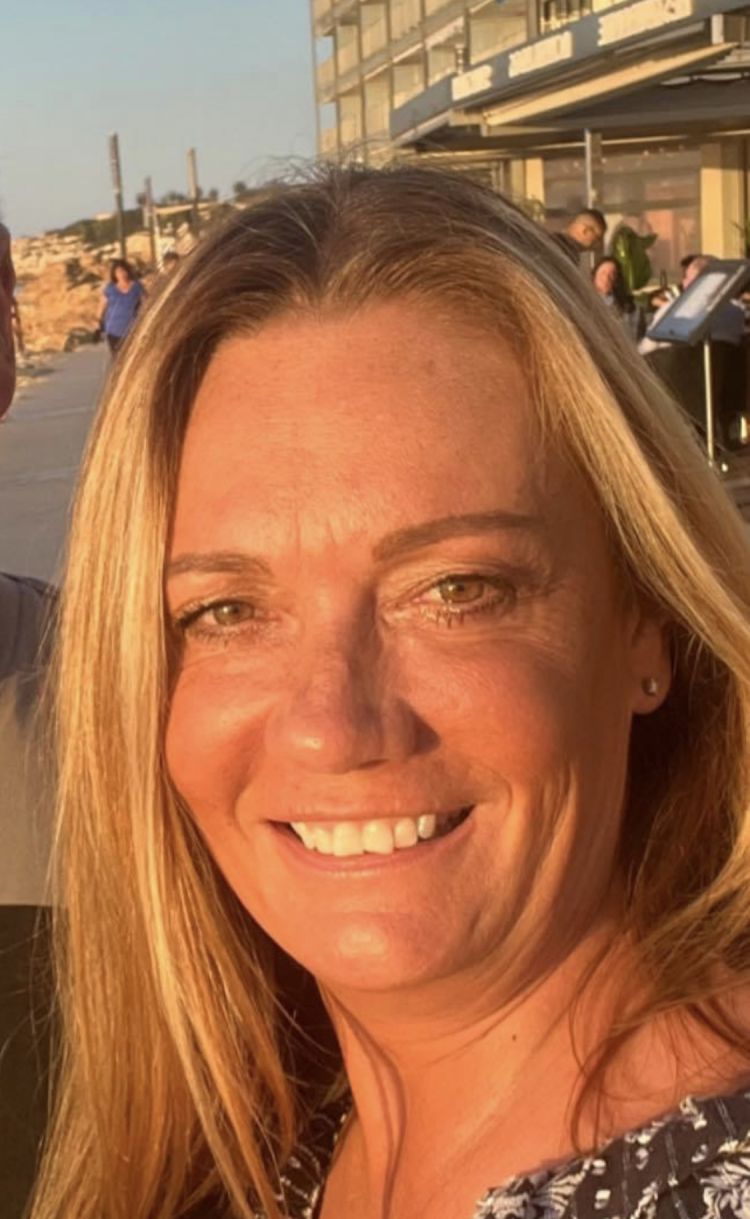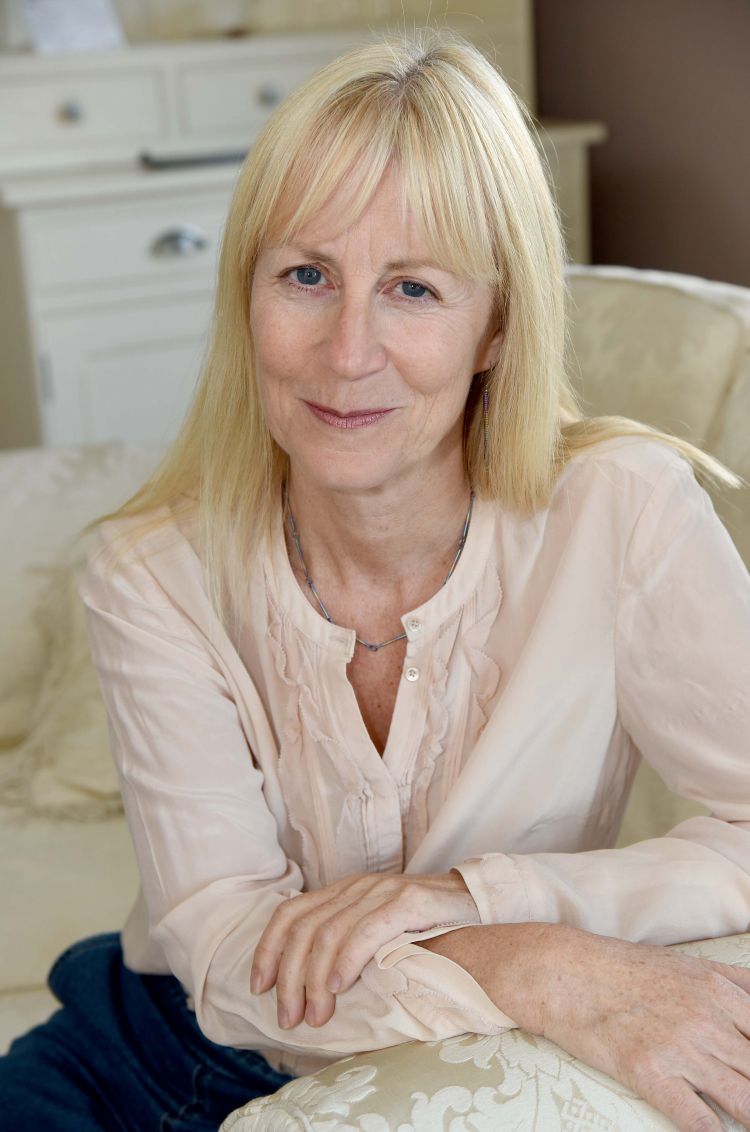Suemarie: championing menopause awareness among both women and men

At the same time, the council launched mental health training courses. This included a training course on the menopause, which was funded through Unite’s Wales Union Learning Fund (WULF) project. The council also recently launched a menopause policy and a mental health policy and strategy and has built strong partnerships with Unite the Union and UNISON to support its mental health work.
Sharing experiences of the menopause
Suemarie joined the training and decided to share her experiences. “I spoke quite openly about it because it was very fresh in my mind. I had just started treatment and it was all very raw.”
She has since become a menopause champion at the council. She joins the training sessions to talk about her personal experience and advocates for greater awareness.
“I don't feel any embarrassment because it's part of my life. I think talking helps in every aspect of mental health…It can only be positive if things are out there, if they are not taboo.”
Menopause training for men
Llinos Howatson is the Learning and Development Specialist in Human Resources at Denbighshire County Council. She says that having Suemarie as a menopause champion has been a valuable tool for others. The council has also held specific menopause trainings for men which are very popular.
“Having Suemarie there to openly talk about her own experiences has encouraged other women to talk. It really helps people to relate to it from within the organisation. The feedback that I’ve had about the men’s session is that they were thankful she was there…because they would never have asked the questions otherwise. It has given men the confidence to ask the questions and talk about it with their women colleagues and staff that they manage.”
Menopause as an equality issue
The menopause training at Denbighshire County Council was delivered by Jayne Woodman, founder of 'The Menopause Team'. Jayne first became involved after experiencing the menopause herself. “I thought, if this is happening to me, it must be happening to other people.”

The training Jayne provides at Denbighshire County Council aims to empower people with knowledge about the menopause. It includes information about the causes, the symptoms, and the impact that it can have if left unchecked.
The training also provides information about treatment and further resources. Jayne says, “Education allows people to talk about it… I suggest places they can go to for evidence-based research so that they can see the potential solutions. I also try and help them understand how to manage their GP.”
For Jayne, menopause training is essential to improving women’s health wellbeing and equality at work.
“All the time we see…women not reaching top positions. Unless we are addressing the menopause, women are never going to move up because their health will not allow them to.”
The role of trade unions on the menopause
The menopause training sessions have had a very positive impact at Denbighshire County Council. By providing people with a safe space to learn and ask questions they have helped to remove shame, embarrassment, and stigma around the topic. It has also empowered women to take ownership of their health and is improving wellbeing and equality at work.
“Having the information and knowledge allows women to take control of their own health and wellbeing. They are able to make choices because they understand what is happening to them and what their options are.”
However, trade unions have a broader role in supporting people affected by the menopause.
Sue Da'Casto, Unite WULF Regional Learning Organiser says, “Our role as a union is to highlight that reasonable adjustments for staff undergoing menopausal ill health and treatment are essential.”
Richard Jackson, another Unite WULF Regional Learning Organiser adds that, “Rather than casting women aside who are suffering...we should be putting an arm around them and supporting them. They add value to the organisation. If you do dismiss them for their inability to attend work…you are losing the experience from the organisation, which is a terrible thing.”
Many of the HR team at the council have also attended the training. They report that it has helped them to better understand the menopause when managing sickness absences.
The council is now looking to empower more people to become mental health champions and menopause champions. It is also planning to create online learning modules so that people can access the training at any time.
Others at the Council are intending to set up a ‘Menopause Support’ group. The Council also recently developed mental health awareness training for managers and is encouraging staff to develop wellness action plans. These plans will be used to anticipate mental health challenges before they arise.
Supporting menopause awareness in your workplace
If you’re a rep looking to support an individual going through the menopause or to promote menopause awareness more widely, download our Menopause in the Workplace Toolkit
You can also complete and promote our online learning guide about the menopause. The guide covers what the menopause is, why it’s a workplace issue and what you can do to make a difference.
The programme at Denbighshire County Council was developed and funded by Unite, as part of a multi-union rolling programme of training in partnership with Unison and GMB.
